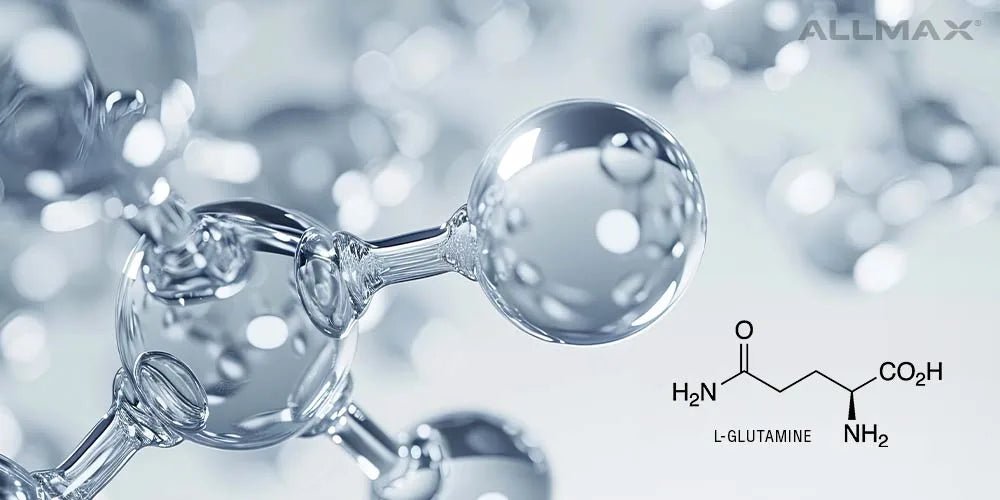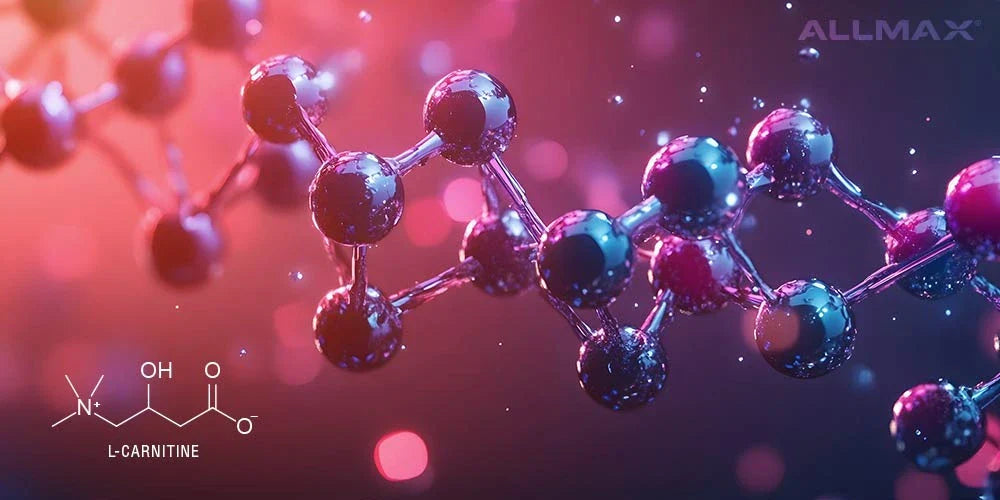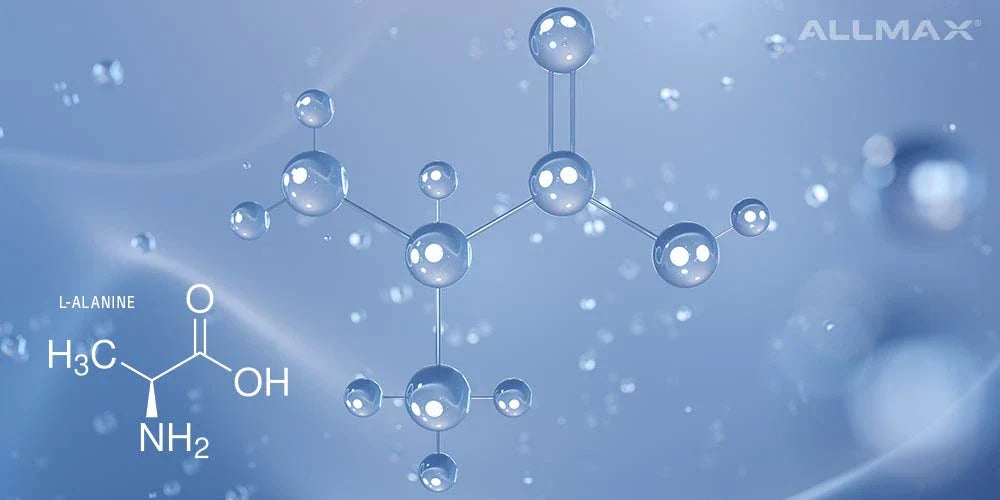Lipase is an essential enzyme that plays a key role in the digestion of fats. It is naturally produced in the pancreas and helps break down fats into smaller molecules that the body can absorb. This article explores the function, benefits, and potential side effects of lipase enzymes.
What is Lipase Enzyme?
Lipase enzyme is a vital digestive enzyme that plays a crucial role in the breakdown of fats within the body. Secreted primarily by the pancreas, Lipase enzyme works in conjunction with other digestive enzymes to ensure the efficient digestion and absorption of dietary fats. While it is most concentrated in the pancreas, lipase is also present in various parts of the digestive system, including the stomach and small intestine.
When you consume foods that contain fats, lipase enzymes work to break down the complex fat molecules, specifically triglycerides, into simpler molecules called fatty acids and glycerol. These smaller molecules are more easily absorbed by the body, allowing the nutrients to pass through the walls of the small intestine and into the bloodstream.
Triglycerides, which are the main form of fat found in food, consist of three fatty acid molecules attached to a glycerol backbone. Lipase targets this structure, cleaving the bonds between the fatty acids and glycerol. As a result, the fatty acids are released and can be utilized by the body for energy or stored in fat cells for future use.
This process is essential not only for providing the body with energy but also for enabling the absorption of fat-soluble vitamins, such as vitamins A, D, E, and K. These vitamins are critical for maintaining various bodily functions, including immune health, bone health, and skin health. Without adequate lipase activity, the body would struggle to digest fats properly, leading to potential deficiencies in these important nutrients.
What does lipase enzyme do?
Lipase enzymes aid in the digestion of fats by breaking down triglycerides into simpler forms. These smaller molecules are easier for the body to absorb and use for energy. Lipase plays a critical role in ensuring that your body can efficiently process dietary fats.
- Breaks down fats: Lipase helps digest fats from food, making them easier to absorb.
- Aids in nutrient absorption: By breaking down fats, lipase ensures the absorption of fat-soluble vitamins like A, D, E, and K.
- Supports overall digestion: Lipase enzymes work alongside other digestive enzymes to improve the breakdown and assimilation of nutrients.
Benefits of Lipase Enzyme
Lipase enzymes offer several health benefits that contribute to overall well-being. Here are some of the most notable:
- Improves fat digestion: Lipase enhances the digestion of dietary fats, reducing the chances of indigestion or bloating.
- Supports healthy metabolism: Efficient fat digestion helps maintain a healthy weight by ensuring the body properly processes fats.
- Boosts energy levels: Proper digestion of fats can provide the body with a more consistent energy supply.
- Promotes gut health: Lipase can contribute to better digestive health by preventing undigested fats from remaining in the intestines.
For comprehensive digestive support, products like CytoGreens , Digestive Enzymes contain a blend of enzymes, including lipase, to optimize nutrient breakdown and absorption.
Side Effects of Lipase Enzyme
While lipase is essential for digestion, overproduction or imbalance can lead to some side effects. These are typically rare and occur mainly when lipase activity is disrupted.
- Digestive issues: Too much lipase in the digestive tract may cause discomfort, such as bloating or diarrhea.
- Allergic reactions: Some people may experience allergic reactions, leading to symptoms like rash or swelling.
- Gastrointestinal disturbances: Overuse of lipase enzyme supplements can cause stomach upset, nausea, or cramping.
It is essential to consult a healthcare provider before taking lipase supplements, especially if you have a history of digestive disorders.




